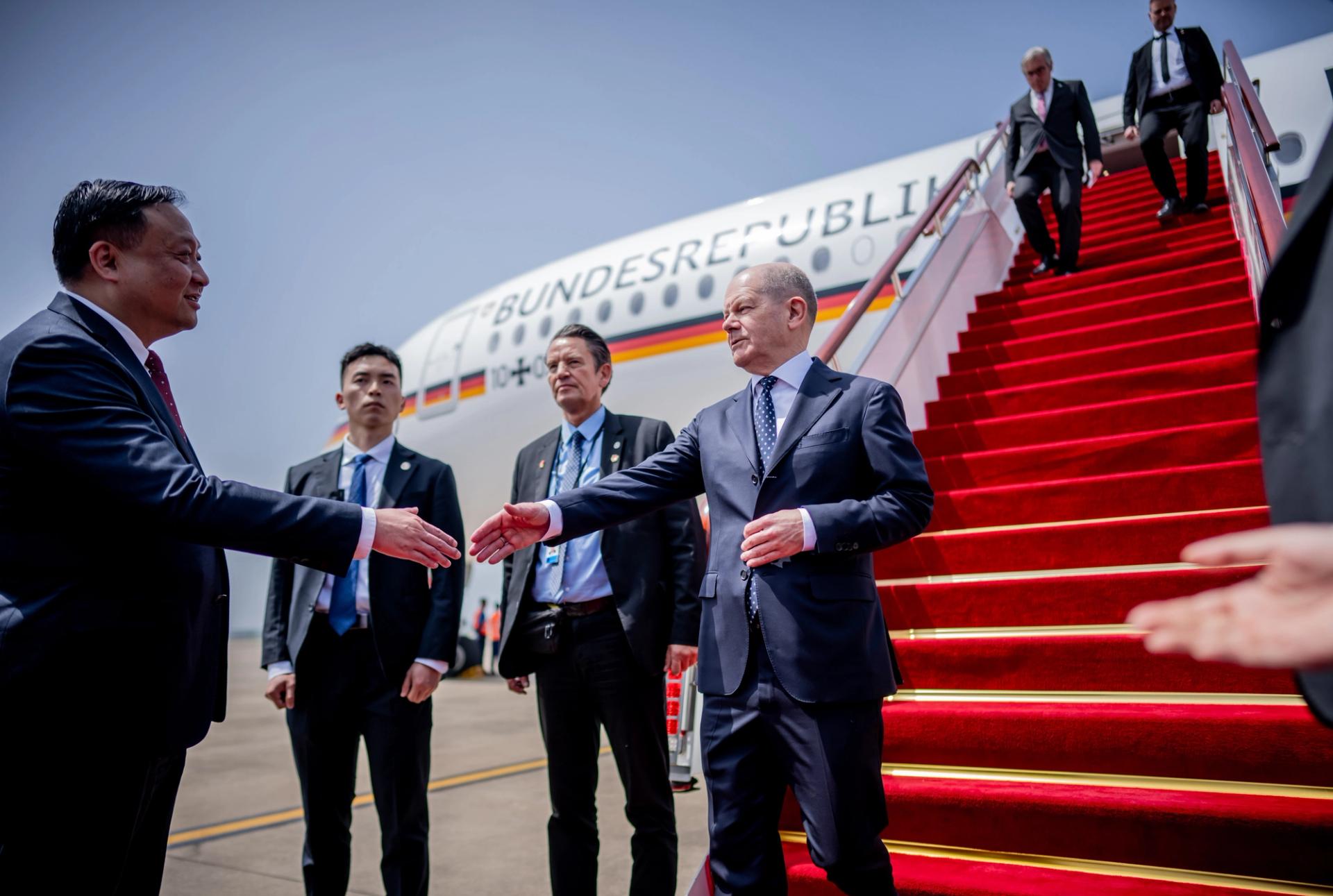The News
The EU is set to open a probe into China’s procurement of medical devices amid suspicions the country unfairly privileges domestic suppliers, Bloomberg reported, the latest in a raft of investigations into China’s alleged market-distorting subsidies and trade practices.
The latest inquiry will examine whether Beijing’s policies favor Chinese suppliers and could result in restrictions on Chinese firms bidding for European contracts in the medical devices field, the outlet said.
It shows the EU taking a more aggressive stance on China trade, coming soon after the launch of similar investigations into subsidies for Chinese-made electric vehicles and wind turbines.
“Knowing you have been played teaches you that you need to watch out, to be much more observant and to take better actions,” Margrethe Vestager, the EU’s competition chief, told Bloomberg Television.
Brussels is concerned that overproduction by China’s vast manufacturing sector is leading Beijing to circumvent fair trade practices in order to offload excess products onto the global export market.
SIGNALS
‘Made in China’ policy distorts global market, EU says
Companies in the United States and Europe have complained of an “asymmetry” whereby China can invest in foreign companies, but companies that want to operate in China are “highly constrained,” according to the Council on Foreign Relations. In 2015, China released its ten-year industrial plan, “Made in China 2025,” to strengthen its high tech manufacturing sector, including the fields of biomedicine and high-end medical equipment. Targets include Chinese companies holding 85% of the domestic market for core medical device components. The EU says the “Made in China” policy discriminates against imported products and has led to market-distorting practices, Bloomberg reported.
The West underestimated China’s high-tech ambitions
The EU’s anti-subsidy probe into Chinese electric vehicles is a “double standard,” the state-run China Daily said, because the EU also offers billions in subsidies to electric vehicle and battery makers. The West made the mistake of underestimating China’s industrial ambitions a decade ago, political economist Shirley Ze Yu argued in the South China Morning Post. When the Made in China policy was introduced, China’s expertise was still in lower-end products such as home appliances. “Since then, China has embarked on a new industrial paradigm, from making all things cheap to turning all things intelligent,” she wrote. Meanwhile, the West failed to invest early on in EVs, solar panels and drones, meaning it now cannot compete and so instead has become consumed with trade probes.
German chancellor’s visit will show whether Europe united on China
On a visit to China this week that includes talks with Chinese President Xi Jinping, German Chancellor Olaf Scholz will tread a delicate line as he attempts to balance German business interests with EU industry probes, Deutsche Welle reported. Scholz is likely to face pushback from leaders in Beijing who will ask: “If you want to do business with us, then why launch this investigation against Chinese EVs?” an expert on China-Europe relations told DW.
But with its economy ailing, Germany needs China, which accounts for 50% of Volkswagen’s global car sales alone — so “Scholz needs to be seen doing something to boost exports,” Politico reported. The outcome of the visit will “say a lot about how united Europe is on China in a crucial year,” Noah Barkin, a senior fellow at the German Marshall Fund, wrote in Foreign Policy.

